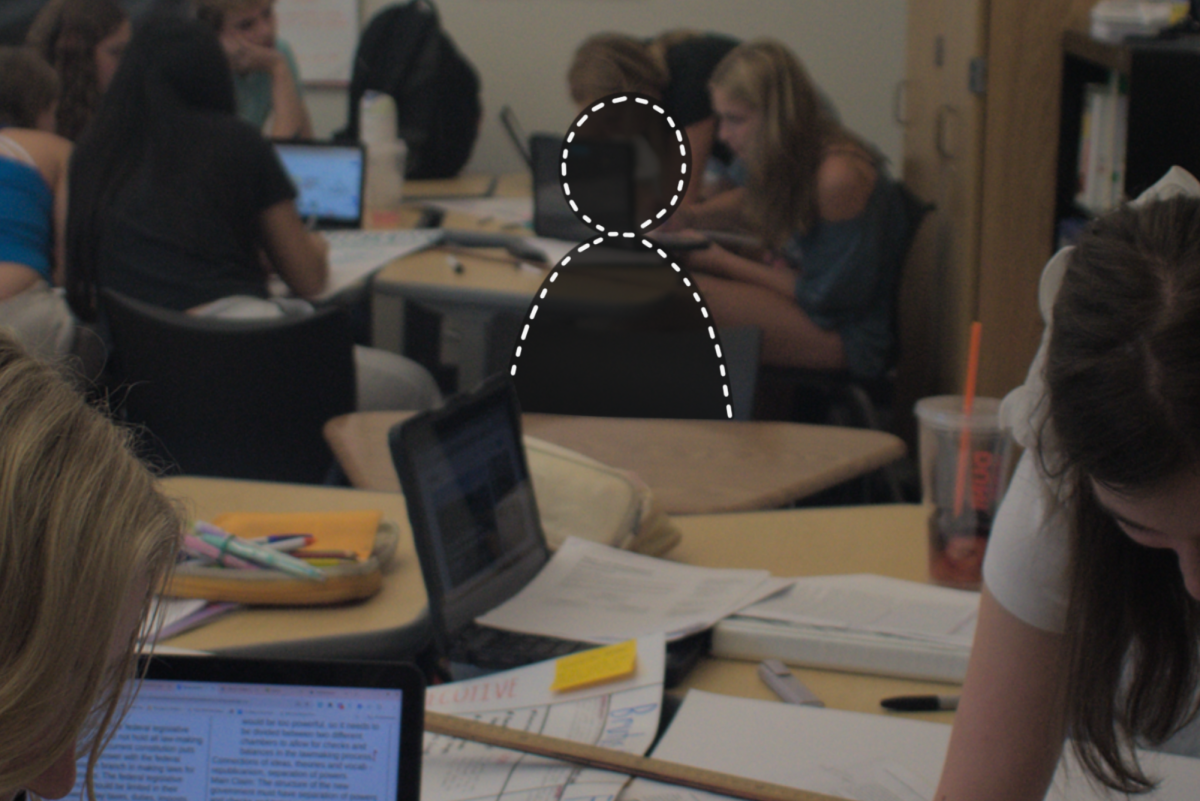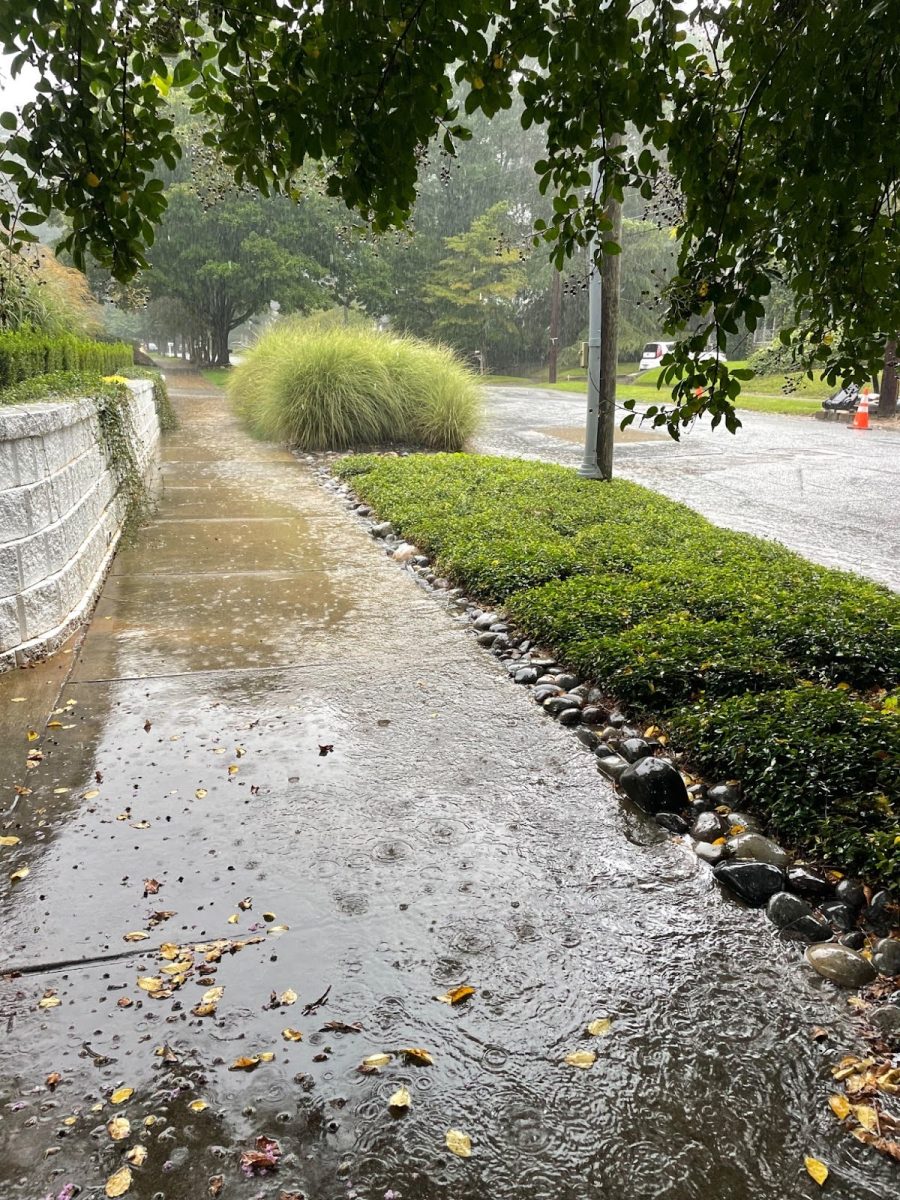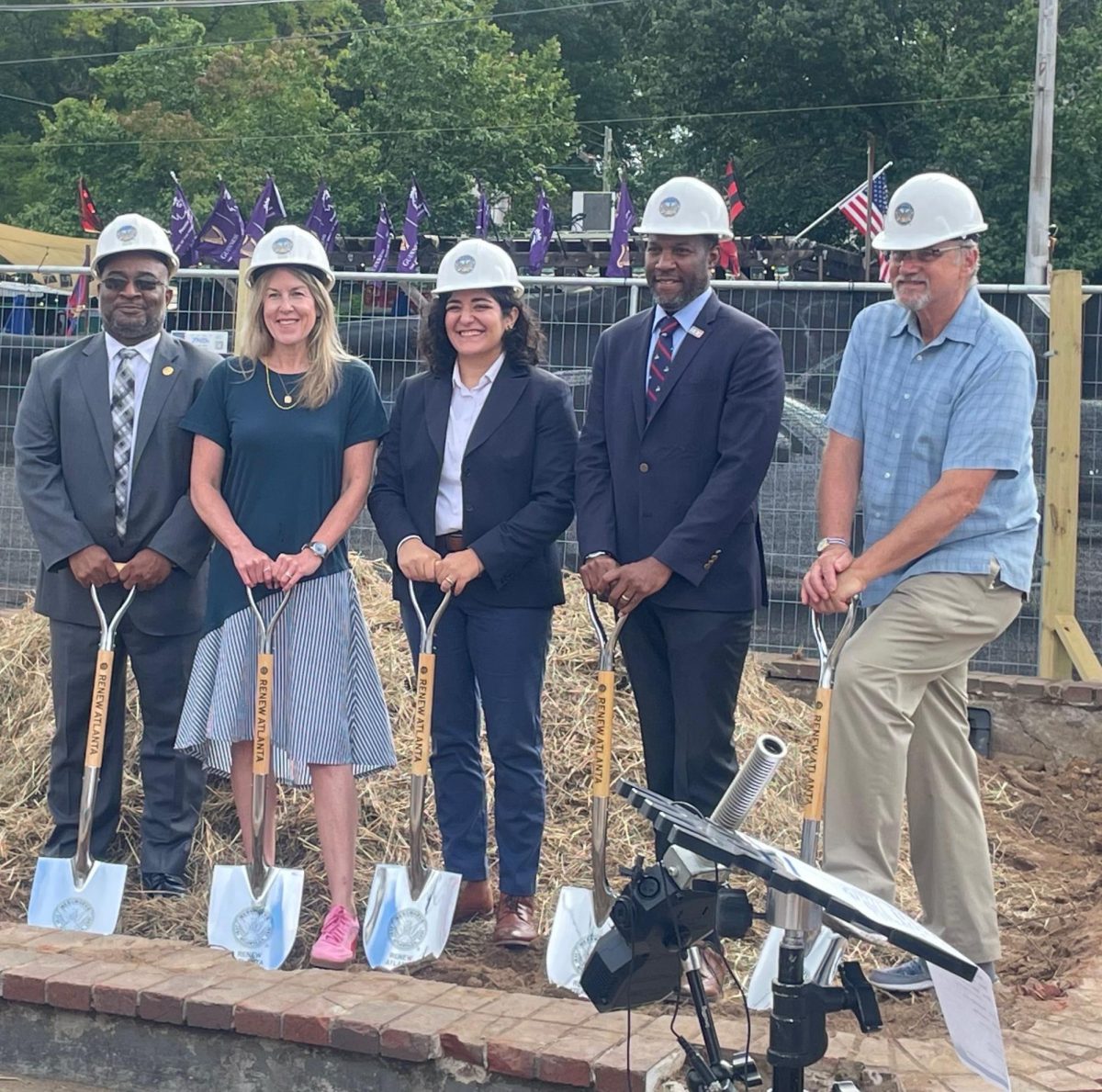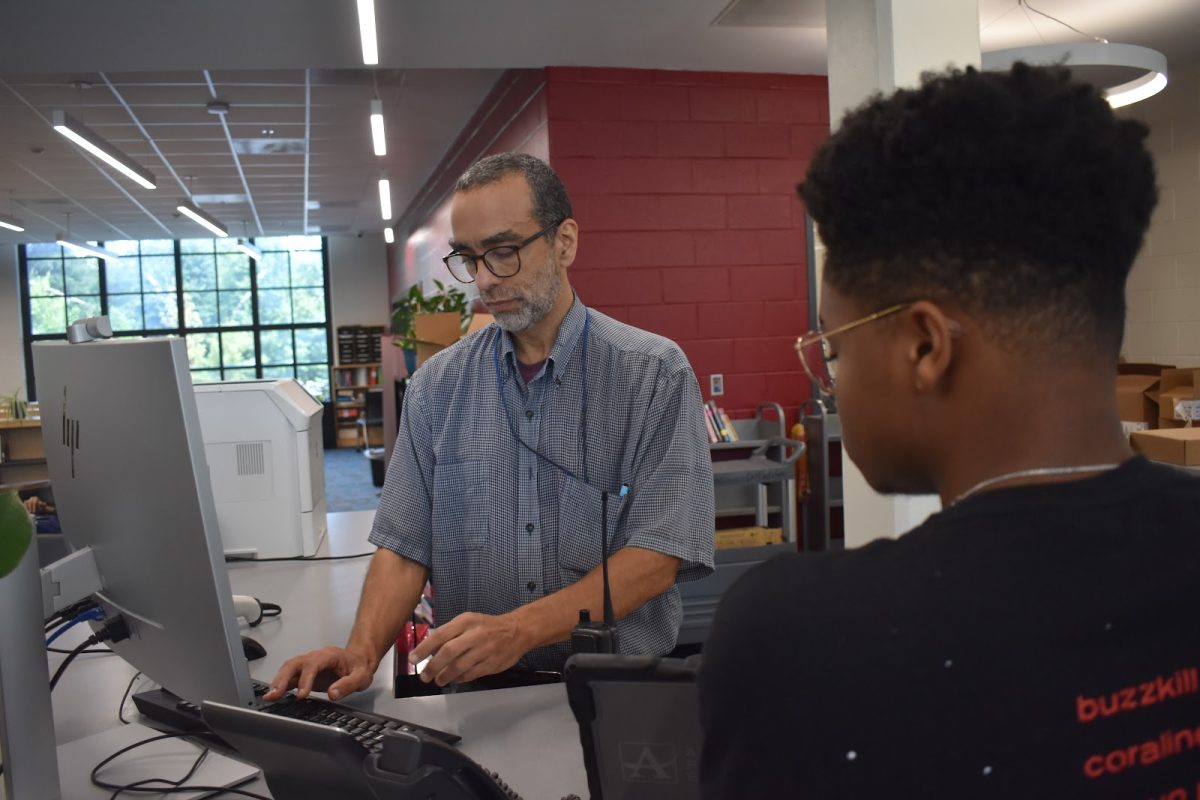The Atlanta City Council recently voted to ban right turns on red lights in several areas throughout the city to reduce the number of pedestrian crashes.
The goal of the order is to allow pedestrians time to safely cross intersections without the risk of turning cars. The change, effective in 2026, will impact Downtown Atlanta, Midtown Atlanta and the Castleberry Hill area. According to the ordinance, “fostering a pedestrian-friendly environment contributes to a sense of community, encourages social interaction and supports local businesses, thereby contributing to the overall quality of life for center city residents and visitors.”
CTAE teacher and Midtown resident Melissa Nunnink cycles to work every day and has experienced the dangers of crossing streets with cars turning.
“I’ve been hit by cars three times since I came to Atlanta,” Nunnink said. “Two of those times have been by cars merging into a right-hand turn. The drivers completely disregarded that I might be coming up on their right-hand side.”
The ordinance was advocated by Propel ATL, a group dedicated to ensuring the safety of all pedestrians in Atlanta. Rebecca Serna, Propel ATL executive director, plans to utilize the law to improve the walkability of Midtown and other areas.
“We looked at the data, such as the results from cities like Washington D.C. that have banned turns on red in areas with a lot of pedestrians, and we saw really good safety results,” Serna said. “Not only that, but people just felt more comfortable walking after they implemented these bans.”
Propel ATL found that in Atlanta, over 40% of crashes resulting in serious injuries were caused by drivers turning right at red lights. Peyton Klein walks to his job in Midtown frequently and said that the ban will make walking more secure.
“Around Piedmont Park, there are tons of pedestrians crossing and tons of car traffic, too,” Klein said. “It’s fair to say that [the ordinance] will make walking more comfortable for regular pedestrians, knowing that drivers will be discouraged from creeping into crosswalks. It’ll just add another layer of comfort to crossing streets in Midtown.”
Serna believes the law may contribute to the well-being of the Midtown environment, as more people will become comfortable walking instead of driving.
“Transportation is a major contributor to climate change as a sector,” Serna said. “Having the option to walk, bike or ride a scooter is important. Anything that prevents unnecessary car trips, or replaces a car trip with a more sustainable option, is going to have a benefit to the environment.”
Amir Farokhi, Atlanta City Council District 2 Representative, not only voted for the bill but also helped write it. Farokhi believes the law will make the center city safer for pedestrians and drivers, but may worsen traffic.
“I think it will increase the quality of life if you’re walking down the street and trying to cross,” Farokhi said. “But it’ll certainly slow traffic to some degree because you’re not going to have cars turning on red. The exact effect remains to be seen through a trial perspective; it may be an extra thirty seconds per trip, or it may be an extra three minutes.”
Sophomore Zack Clowser agrees and believes the law’s effect on traffic will negatively outweigh its benefits.
“The law would just create more traffic,” Clowser said. “The right turns are there so that the lane doesn’t get backed up. Midtown already has too much traffic; adding to the problem just won’t be worth it.”
Propel ATL found that over two-thirds of Atlanta’s pedestrian fatalities happened in primarily black neighborhoods. While Farokhi believes the law would help decrease this racial disparity, he feels that other measures are needed to solve the problem.
“A lot of the pedestrian deaths do tend to be in [primarily] black neighborhoods where there’s less lighting and pedestrian infrastructure,” Farokhi said. “However, I think there’s other interventions that need to be made to reduce pedestrian fatalities where we’ve seen them.”
Nunnink believes that banning right turns on red will bring awareness to the issue of walkability in Midtown, hopefully paving the way for future policies.
“We should seek to standardize safety universally,” Nunnink said. “A complete ban on right turns across Atlanta would be the ideal next step to take, but if we raise awareness with this ban, other actions could pass in tandem, such as the implementation of bike lanes and sidewalks everywhere.”
Serna agrees with Nunnick and believes this is one step in the right direction for pedestrian protection.
“While the bill isn’t going to fix all walkability issues, it’s one piece of the puzzle that’s going to make life in Midtown safer,” Serna said. “Anytime we can prevent an injury is something that is always worth doing.”






















